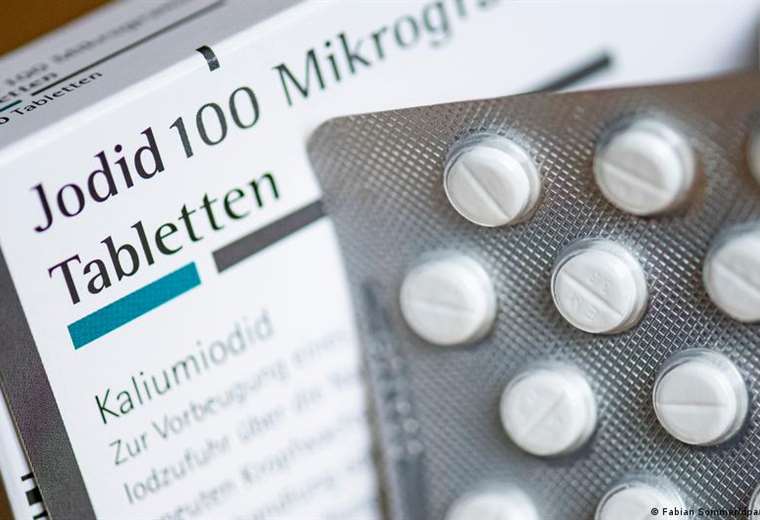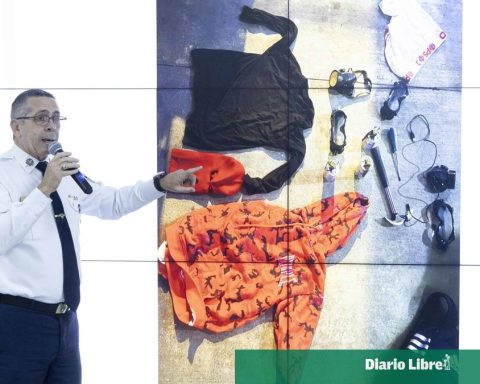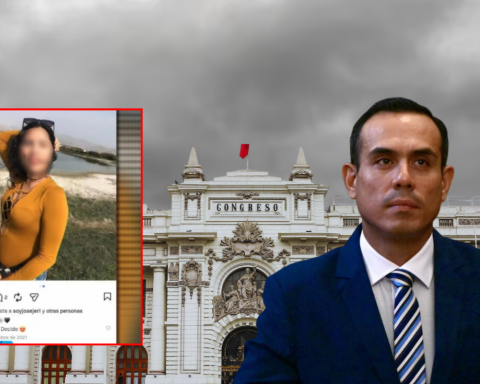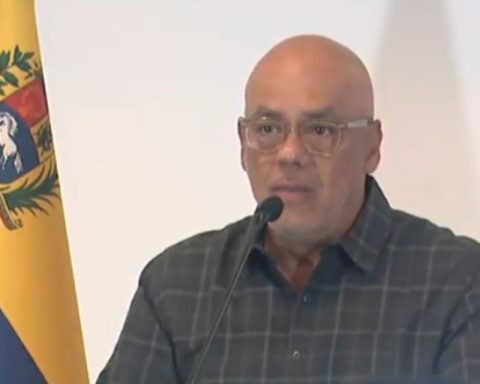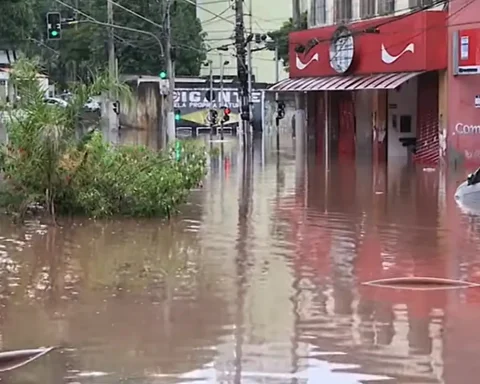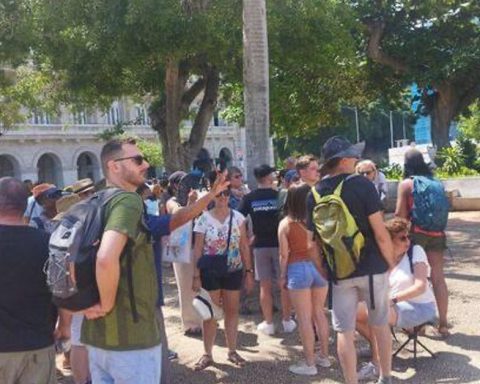October 13, 2022, 11:46 AM
October 13, 2022, 11:46 AM
the russian president Vladimir Putin has threatened to use nuclear weapons in the war against Ukraine. At the same time, his troops have occupied the Ukrainian nuclear power plant in Zaporizhia. This has caused fears and concerns in the West. How do the inhabitants of Ukraine’s neighboring countries deal with the threat? We have consulted DW correspondents in some of the neighboring countries.
moldova
There are only 500 kilometers between the Ukrainian city of Zaporizhia and Moldova. In the event of a nuclear accident, the 2.5 million citizens of the small country situated between Ukraine and Romania would likely be exposed to radioactive fallout. In the summer of 2022, neighboring Romania ordered and delivered one million iodine tablets to Moldova. Taking iodine in high doses is supposed to protect against thyroid cancer in case of nuclear contamination.
There are almost no bunkers or shelters in Moldova. Not even in the capital, Chisinau, where about a million people live: it has only one bomb shelter. The bunkers that remain from the Soviet era have been sold by previous governments to companies. They are now used as storage or have been abandoned.
Romania
Neighboring Romania is also preparing for an emergency by purchasing iodine tablets. The Ministry of Health has ordered 30 million iodine tablets, worth six million euros. The tablets were made available to pharmacies across the country. All citizens can obtain them free of charge with a recommendation from their GP. In total, seven million inhabitants will be supplied. But so far only 500,000 have shown interest in purchasing them.
Hungary
In Hungary, the demand for iodine tablets has not increased so far. The possibility of a nuclear catastrophe in neighboring Ukraine has been relatively little discussed in public opinion. Y the government also does not seem to be interested in nuclear threats from Moscow. Prime Minister Viktor Orbán does not hide his closeness to the Russian head of state, Vladimir Putin.
In August, the Hungarian government even announced that it was maintaining the planned construction of two new nuclear reactors, with the help of the Russian company Rosatom. Today, nuclear power remains indispensable for Hungary: the share of nuclear power in energy production is over 44 percent.
Slovakia
In Slovakia, already in March 2022, shortly after the outbreak of the war, panic spread about the possibility of a nuclear war, or a nuclear accident in Ukraine. At that moment, the Slovaks bought all the iodine pills in pharmacies. But the fear has now subsided. Currently, the use of nuclear weapons is not considered a realistic scenario. The Bratislava government relies primarily on its NATO allies, first and foremost the United States, to effectively prevent Russia from using nuclear weapons.
Poland
Until now, Polish society has reacted relatively calmly to Putin’s threats. According to a survey, just under half the population fears a Russian nuclear attack. But interest in iodine pills has increased recently, according to Polish media reports.
Air-raid shelters are also being prepared in that country. On Monday (10.10.2022), Deputy Interior Minister Maciej Wasik announced the inspection of all bunkers and shelters in Poland. In total, there are said to be more than 62,000 such facilities in Poland. They offer protection to 1.3 million people, 3.5 percent of the population. But most of them date back to the Cold War era, and it is questionable whether they can effectively protect people from nuclear radiation. According to experts, only about 3,500 facilities meet the criteria for high-quality fallout shelters.
